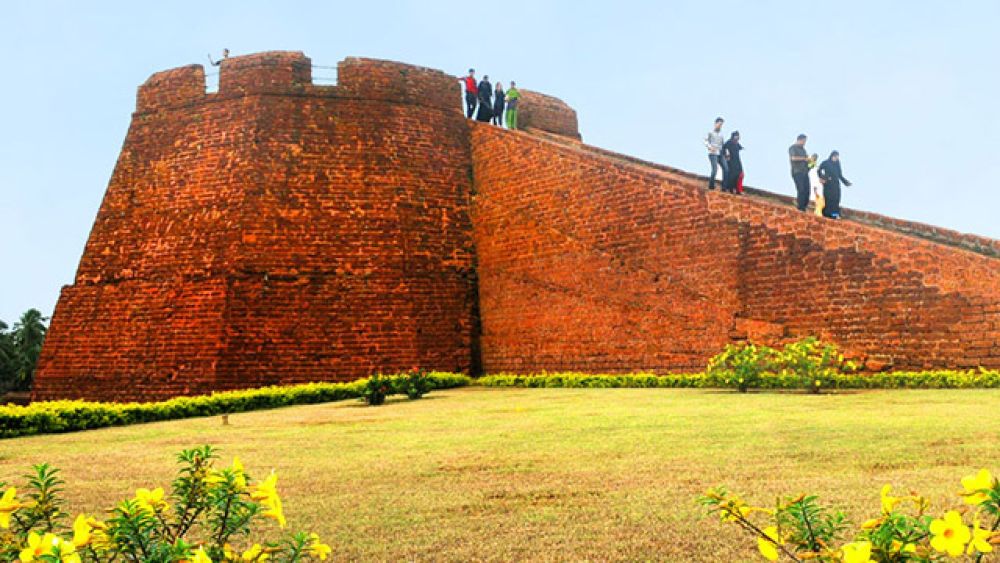

Bekal Fort, situated in the small town of Bekal in Kasaragod district of Kerala, India, is one of the largest and best-preserved forts in the state. The fort's history dates back to the 17th century when it was built by Shivappa Nayaka of Bednore. However, it gained prominence during the rule of the Kolathiri Rajas and later when it became an important military station of Tipu Sultan while fighting the British.
The tourism at Bekal Fort took off in the 1990s when the Government of Kerala recognized its potential as a tourist destination. Prior to that, the fort was known mostly to locals and historians. In the 1990s, efforts were made to develop and promote the site, conserving its historical structures while also focusing on the natural beauty of the surrounding landscape which includes the Bekal Beach.
Kerala Tourism Development Corporation (KTDC) played a significant role in the development of Bekal Fort as a tourist destination. Infrastructure around the fort was improved, including better roads, introduction of local guides, and establishment of information centers. The tourism boom was further supported by the "God's Own Country" campaign by the Kerala tourism department which brought Bekal Fort to the forefront alongside other Kerala attractions.
When visiting Bekal Fort today, tourists can enjoy a walk along the massive ramparts overlooking the Arabian Sea. Some parts of the fort rise up to 130 feet above sea level, offering panoramic views. The fort is also well-known for its keyhole-shaped structure, observation towers, and intricate water tank with its flight of steps.
The nearby Bekal Fort Beach provides an added attraction with its beautiful walkway, high-standard children’s park, and the sound-and-light show that explains the fort’s history, which is a popular event among tourists. The Bekal Fort area now boasts of several luxury and heritage resorts, homestays, and hotel accommodations that cater to a variety of tourists.
Recently, Bekal has embraced sustainable and ecotourism practices aiming to reduce carbon footprint and preserve the pristine condition of its environment. Tourists are increasingly interested in responsible travel choices, and this has encouraged local businesses to adopt eco-friendly methods.
Adventure tourism has also picked up, with activities like kayaking, trekking, and cycling tours being offered around the fort and the surrounding areas. Cultural tourism is yet another trend, as visitors seek authentic experiences such as theyyam performances and are eager to learn about local crafts and cuisine.
The introduction of smart tourism with technologies like augmented reality (AR) tours, and enhanced web presence, has modernized the visitor experience. Tourists can now explore the history and intricacies of the fort with a swipe on their smartphones.
In conclusion, Bekal Fort's progression from a historical monument to a thriving tourist hotspot is largely due to strategic tourism planning and the rich cultural heritage of Kerala. The fort remains a testimony to the region's historical significance and continues to draw travelers from around the world.